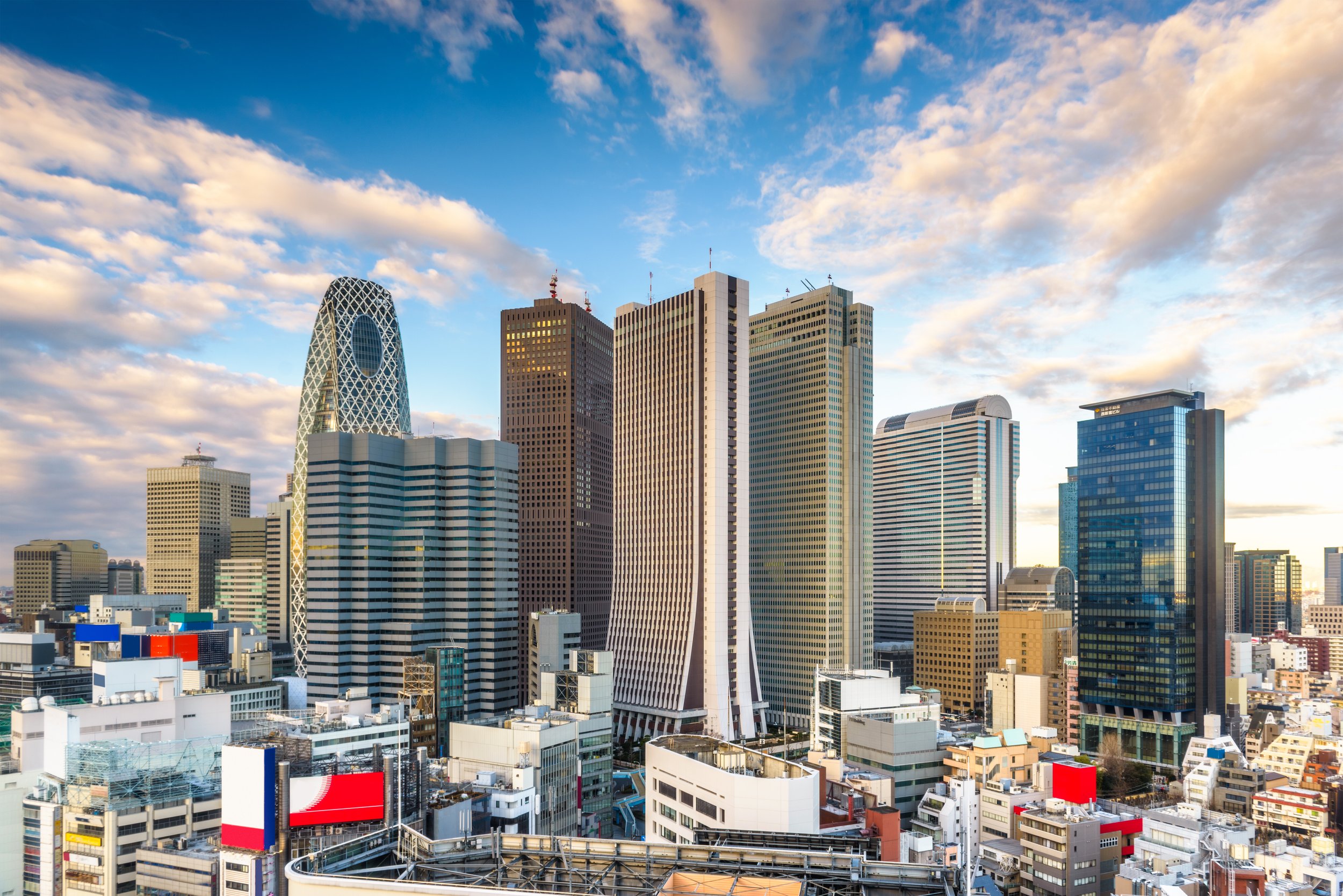Journal Partner

The Ministry of Economy, Trade and Industry (METI)
In May 2023, the G7 Summit will be hosted in Hiroshima against the backdrop of a severe global energy crisis and supply chain disruptions that are stoking the fires of inflation, shaking consumer confidence, and threatening the most economically vulnerable in our society. METI will focus on three key policy areas: trade, climate and energy, and digitalization.
To help Japan capture a market forecast to grow to up to $4 trillion by 2040, METI has created an $8 billion fund to support biomanufacturing, a field that encompasses technologies which leverage genetic technology to maximize the ability of microorganisms to produce substances.
If renewable energy production is not doubled by 2030, power outages and energy system disruptions could become everyday affairs. To help the international community rise to what may be this generation’s greatest challenge, and to showcase some of the technologies that will assist the world in meeting it, the Ministry of Economy, Trade and Industry (METI) organized Tokyo GX (Green Transformation) Week. The 10-day event ran from September 26 to October 7.
There are 488 unicorns in the United States and 170 in China. Japan is home to just 11. The Ministry of Economy, Trade and Industry (METI) is on a mission to narrow this gap. In June, Japan’s Cabinet Office approved the Grand Design and Action Plan for a New Form of Capitalism: Investing in People, Technology, and Startups. The plan includes the formulation of a five-year roadmap for nurturing Japan’s startup ecosystem.
While the number of Japanese companies active in Africa has doubled over the past decade to more than 900, Japan continues to lag the European Union, the United States, China, and India. The Ministry of Economy Trade and Industry (METI) is focused on encouraging Japanese businesses to support sustainable growth in Africa through projects that address vital social needs, leverage digital transformation, provide technical skills training, and boost renewable power generation.
Soon after the Great East Japan Earthquake of March 11, 2011, Japan’s Ministry of Economy, Trade and Industry (METI) began coordinating a wide range of efforts to revitalize this former disaster zone. METI’s revitalization initiatives were raised to a new level with the launch of the Fukushima Innovation Coast Framework in May 2017. Here’s how things are developing five years on.







